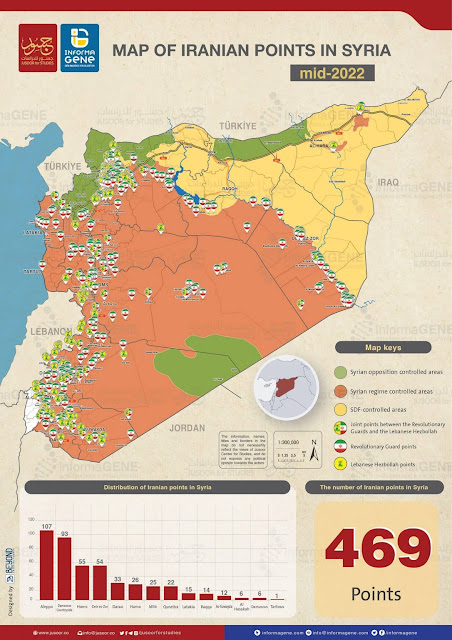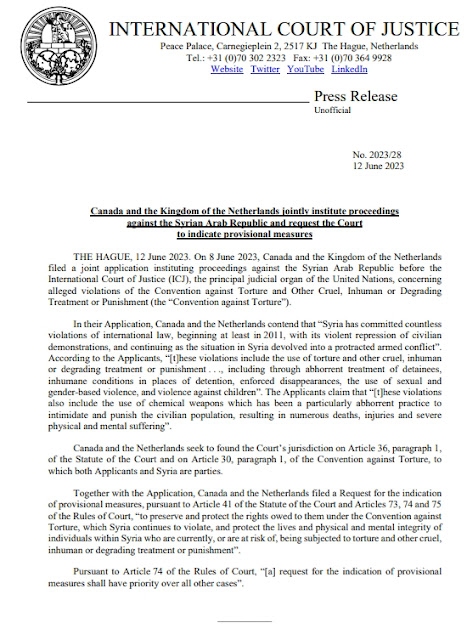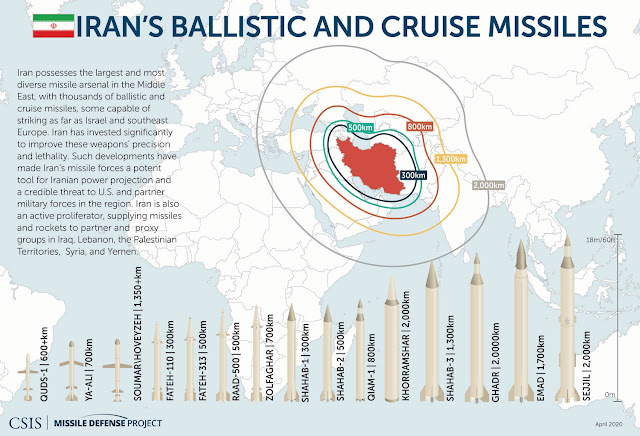U.S. Will Work with International Community on Iran Nuclear Issue
Says Tehran being offered "better alternative" to pursuing nuclear weapons
By Phillip KurataWashington File Staff Writer
Washington -- The United States will consult with Britain, France, Germany, the International Atomic Energy Agency (IAEA) and other members of the international community about how to deal with Iran's decision to end its suspension of uranium enrichment, State Department deputy spokesman Adam Ereli said August 8.
Britain, France and Germany -- known as the EU-3 when dealing with the Iranian nuclear issue -- have been engaged in negotiations with Tehran aimed at persuading the Iranian government to abandon activities that could lead to the development of nuclear weapons.
"In rejecting the EU-3 offer and taking this step, this is Iran thumbing its nose at a productive approach by the EU-3, and ... we'll have to work together to take a response," Ereli said at the daily State Department press briefing in Washington.
Ereli stressed that the United States is engaged in a multilateral approach in dealing with the Iranian issue as well as the North Korean nuclear issue.
"If you look at both the substance and the form of how we're approaching both issues, they are multilateral," Ereli said. "With Iran, we ... talk about the EU-3, so that's at least three (Britain, France, and Germany), plus us (the United States), ... plus the IAEA."
Iran says it has resumed uranium processing at its plant in Isfahan, an activity that had been suspended since November 2004 while talks were held with the EU-3 countries about its long-term nuclear plans.
"With respect to Iran, our (U.S.) view is that we are against any nuclear fuel cycle activity, period," Ereli said. "Iran has repeatedly hidden from and misinformed and provided wrong information, false information to the international community about its nuclear program."
He said the international community is trying to offer a "better alternative" to pursuing the development of nuclear weapons, an alternative that involves denuclearization, transparency and verification, and that offers a way to integrate Iran and North Korea productively into the international community.
Commenting on the application for a visa to the United States from Iranian President Mahmoud Ahmadinejad to address the U.N. General Assembly, Ereli said Ahmadinejad's application is under consideration.
Ereli said it is clear that Ahmadinejad was a student leader and was involved in the events surrounding the storming of the U.S. Embassy in Tehran in 1979. He said the U.S. government has not been able to determine whether he was actually involved in the taking of hostages at the embassy.
The deputy spokesman said the U.S. government is mindful of its agreements with the headquarters of the United Nations but takes "very seriously information that someone has been involved in hostage taking of American citizens in contravention of international law and international practice."
Source: International Information Programs, U.S. Department of State
Says Tehran being offered "better alternative" to pursuing nuclear weapons
By Phillip KurataWashington File Staff Writer
Washington -- The United States will consult with Britain, France, Germany, the International Atomic Energy Agency (IAEA) and other members of the international community about how to deal with Iran's decision to end its suspension of uranium enrichment, State Department deputy spokesman Adam Ereli said August 8.
Britain, France and Germany -- known as the EU-3 when dealing with the Iranian nuclear issue -- have been engaged in negotiations with Tehran aimed at persuading the Iranian government to abandon activities that could lead to the development of nuclear weapons.
"In rejecting the EU-3 offer and taking this step, this is Iran thumbing its nose at a productive approach by the EU-3, and ... we'll have to work together to take a response," Ereli said at the daily State Department press briefing in Washington.
Ereli stressed that the United States is engaged in a multilateral approach in dealing with the Iranian issue as well as the North Korean nuclear issue.
"If you look at both the substance and the form of how we're approaching both issues, they are multilateral," Ereli said. "With Iran, we ... talk about the EU-3, so that's at least three (Britain, France, and Germany), plus us (the United States), ... plus the IAEA."
Iran says it has resumed uranium processing at its plant in Isfahan, an activity that had been suspended since November 2004 while talks were held with the EU-3 countries about its long-term nuclear plans.
"With respect to Iran, our (U.S.) view is that we are against any nuclear fuel cycle activity, period," Ereli said. "Iran has repeatedly hidden from and misinformed and provided wrong information, false information to the international community about its nuclear program."
He said the international community is trying to offer a "better alternative" to pursuing the development of nuclear weapons, an alternative that involves denuclearization, transparency and verification, and that offers a way to integrate Iran and North Korea productively into the international community.
Commenting on the application for a visa to the United States from Iranian President Mahmoud Ahmadinejad to address the U.N. General Assembly, Ereli said Ahmadinejad's application is under consideration.
Ereli said it is clear that Ahmadinejad was a student leader and was involved in the events surrounding the storming of the U.S. Embassy in Tehran in 1979. He said the U.S. government has not been able to determine whether he was actually involved in the taking of hostages at the embassy.
The deputy spokesman said the U.S. government is mindful of its agreements with the headquarters of the United Nations but takes "very seriously information that someone has been involved in hostage taking of American citizens in contravention of international law and international practice."
Source: International Information Programs, U.S. Department of State


